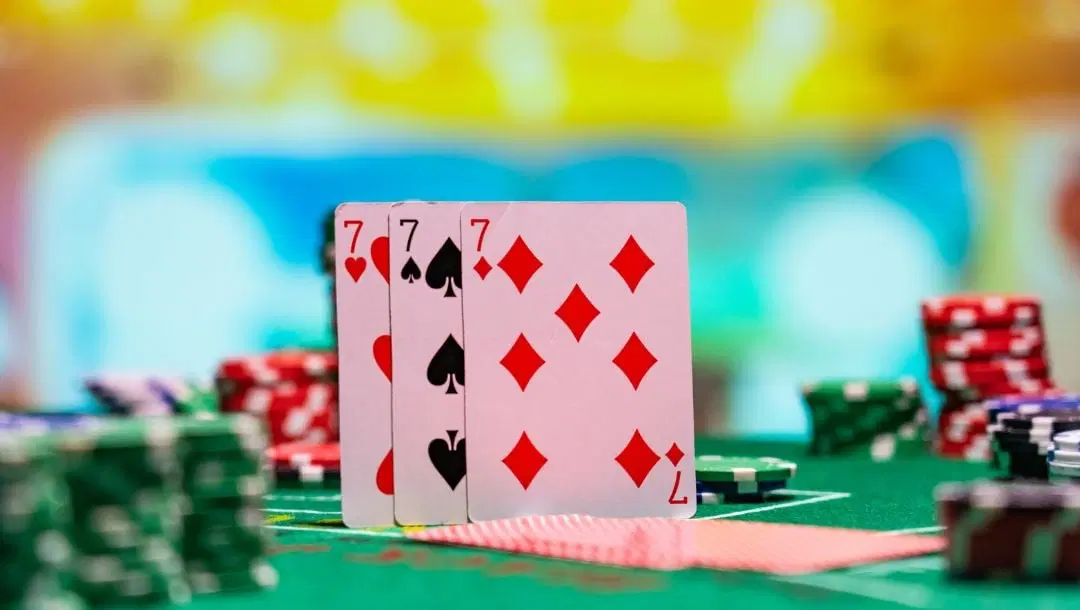Superstition has long been a part of gambling culture worldwide. Many players rely on lucky charms, rituals, or beliefs to improve their chances in games. But does superstition actually help gamblers win more often, or does it hinder their decisions? Exploring this connection between superstitions and outcomes can help players evaluate their habits and make smarter choices.
How Superstition Shapes Betting Decisions
Superstition often influences the way players approach gambling. From wearing lucky clothing to avoiding certain numbers, these beliefs are rooted in the hope of controlling unpredictable outcomes. While these rituals may boost confidence, they do not impact the odds of winning. Ultimately, gambling games rely on probability and chance, factors unaffected by external beliefs. Blindly following superstitions can lead players to make irrational bets, which might hurt their performance in the long run.
The Psychological Comfort Of Rituals
For many players, superstition offers more than a belief in luck—it provides comfort and reduces anxiety while betting. Performing a lucky ritual may make players feel more focused or relaxed, allowing them to enjoy the game without stress. However, this psychological comfort doesn’t guarantee success. While feeling confident might help with decision-making in skill-based games, outcomes in games of chance remain entirely random.
Focusing On Strategy Over Beliefs
Players who prioritize strategy over superstitions are more likely to see positive results in their gambling experience. Learning the rules, studying probabilities, and knowing when to quit can significantly improve performance. Meanwhile, relying solely on superstitions can distract players from developing real skills. Smart gambling isn’t about chasing luck but understanding how the game works and making informed decisions at each step.
When Superstition Becomes Harmful Behavior
Excessive reliance on superstition can lead to reckless behavior during gambling. If players believe that winning is guaranteed because of a lucky charm or ritual, they may bet excessively without thinking critically. This approach can result in rapid losses and frustration. Identifying when superstitions interfere with logical decisions is crucial to staying in control while playing.
Finding Balance With Fun And Rationality
There’s nothing wrong with including harmless superstitions as part of the enjoyment while gambling, as long as they don’t substitute practical understanding of the game. Balancing entertainment with rational gambling choices leads to a much healthier experience. Ultimately, success depends on smart decisions and not external forces, ensuring gambling remains an exciting and manageable hobby rather than a risky obsession.

